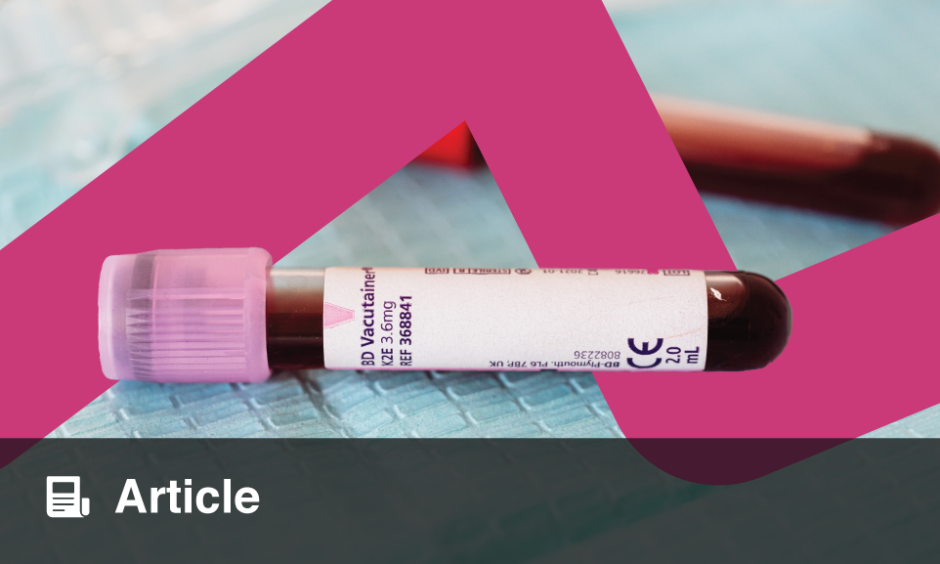NEW findings indicates the potential of Ruxolitinib as an effective treatment for steroid-refractory acute graft-versus-host disease (aGvHD), significantly improving response rates and reducing steroid dependency in a real-world setting. Steroid-refractory acute graft-versus-host disease (aGvHD) poses a severe complication following allogeneic haematopoietic stem cell transplantation, marked by high mortality rates. Despite the promise in clinical trials, real-world data on ruxolitinib, the first drug approved for aGvHD, remains sparse. A retrospective analysis conducted at the University Hospital of Regensburg offers valuable insights into the drug’s safety and efficacy, alongside potential biomarkers for predicting treatment response.
The study examined 49 patients treated with ruxolitinib between March 2016 and August 2022. Ruxolitinib was administered as a second-line treatment in 33 patients, third-line in 11, fourth-line in three, and fifth-line in two patients. Treatment commenced on a median of 11 days post-aGvHD onset and continued for a median duration of 37 days, with ten patients still under treatment at the last follow-up. The median follow-up period was 501 days.
At the one-month assessment, the overall response rate (ORR) to ruxolitinib was 65%, with a failure-free survival rate of 78%. These results align with those of the REACH2 trial, which led to ruxolitinib’s approval. However, infectious complications of Grade III or higher were observed in 20% of patients within the first month. Notably, patients who responded to ruxolitinib required fewer steroids and exhibited lower levels of serum biomarkers, such as regenerating islet-derived protein 3-alpha and suppression of tumorigenicity 2.
Steroid-dependent aGvHD emerged as a significant predictor of better response to ruxolitinib, per the univariate regression model. Over a six-month follow-up, four patients experienced a recurrence of their underlying malignancy, and eight succumbed to treatment-related mortality. Despite these challenges, the study underscores ruxolitinib’s efficacy and tolerability in heavily pretreated patients, comparable to controlled trial outcomes.
The study also highlighted the potential of biomarkers in predicting responses to ruxolitinib, suggesting that these markers could inform treatment strategies and improve patient outcomes. While further research with larger cohorts is necessary, these findings mark a significant step towards standardising treatment for steroid-refractory aGvHD and enhancing our understanding of its underlying mechanisms. As a result, ruxolitinib may represent a crucial option for managing aGvHD, with the study’s real-world data providing a compelling case for its broader application.
Laith Gergi, EMJ
Reference
Denk A et al. Ruxolitinib for the treatment of acute graft-versus-host disease: a retrospective analysis. Ann Hematol. 2024;DOI/10.1007/s00277-024-05696-x.







